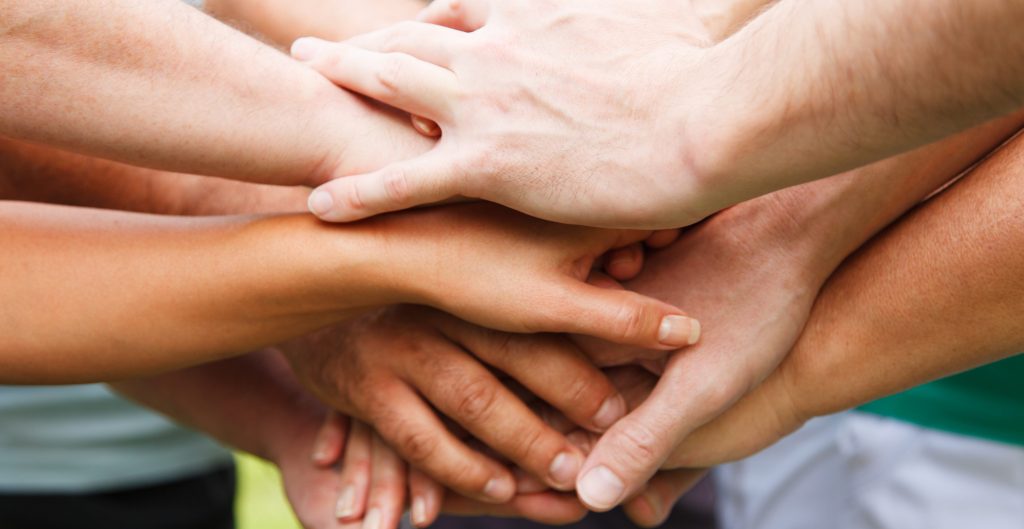Mindfulness and Mental Health

At WISE, we talk a lot about the importance of self-care, or the providing of care by you and for you, and its importance in improving your compassion resilience, or CR, and maintaining your overall well-being. Click here to read WISE’s previous post about self-care. One common form of self-care that is practiced cross-culturally is […]
Suicide: The Ripple Effect as a Prime Example of Stigma Resistance

In previous posts, we discussed stigma change processes and the use of TLC4 as a planning model for framing stigma change efforts. In both of those posts, we explored the effectiveness of contact-based strategies for decreasing stigma and offering realistic hope to those facing similar challenges. The success of contact-based strategies exemplifies that stories are […]
The Benefit of Emotions in the Workplace

As a young adult whose professional experiences have been limited, it never occurred to me to think about the extent that my own emotions are present in the workplace and how they do or don’t affect my work. This goes to show just how much our emotions are permitted in these areas — a.k.a. little […]
An Introduction to Honest, Open, Proud

In February, we discussed the TLC4 Model, which explains how WISE reaches various populations and produces tangible change throughout Wisconsin. Click here to reread that article. In that post, we also said that the best way to reduce stigma is to share our own mental health challenges and story of recovery with others. However, WISE […]
Challenging Victim-Blaming

In July, we learned about “public stigma” – the stigma that people express towards others. Click here to read that article. In this post, we will examine one type of public stigma that can have a devastating psychological impact on people who are recovering from abuse. Victim-blaming is the tendency to view victims as responsible […]
The TLC4 Model

In December, we discussed several stigma change processes, including protest, education, and contact. Of these, contact with those with lived mental health experience is the most effective. Hearing about the mental health challenges and the recovery efforts of others is the best way to decrease stigma and offer realistic hope to those facing similar challenges. […]
Logic’s 1-800-273-8255 Making News & Breaking Records

Becase of their unique, stylistic elements, rappers pride themselves on their narratives, which often address current issues and/or popular trends. However, topics related to mental health have been noticeably absent from the rap genre. That is… until last April when the rapper, singer, and songwriter known as Logic released 1-800-273-8255, a song named after the […]
Stigma Change Processes

Back in July, we discussed what stigma is and where it comes from. Click here to read that article again. While this information is useful, the most important thing to know about stigma is that, in a perfect world, it wouldn’t exist. In this post, we’re going to discuss how we can reverse and eliminate […]
You and Your Self-Care

In October’s post, we talked about what compassionate boundaries are and listed six tips for setting compassionate boundaries with others. Incorporating these into your routine will help you build compassion resilience, or CR, and will allow you to do your best work and establish healthy relationships. If you need a reminder, review them here. If […]
Facebook’s New Self-Harm/ Suicide Algorithm

Social media is immensely popular, particularly the powerhouse Facebook, which boasts 1.2 billion daily users and is now worth over 500 billion dollars according to Zephoria.com. No, you didn’t read that wrong— that’s billion with a b. Due to Facebook’s immense following, as well as the subsequent rise of similar platforms such as Twitter, Pinterest, […]